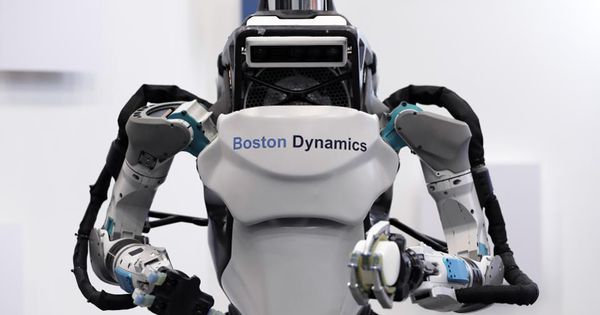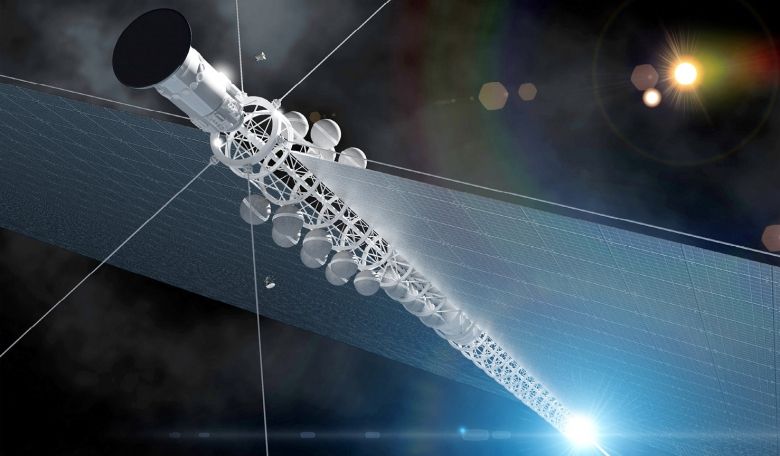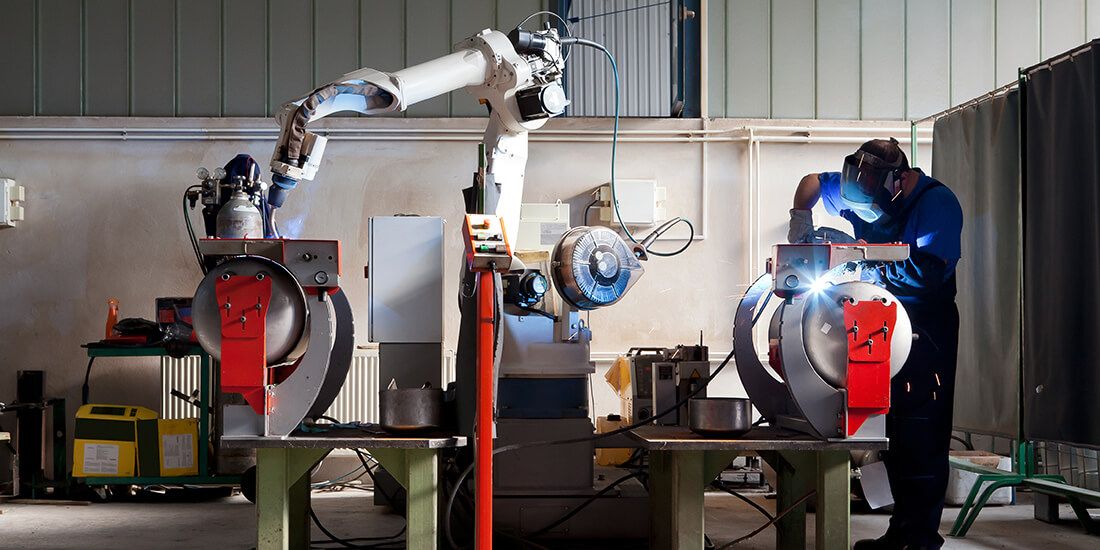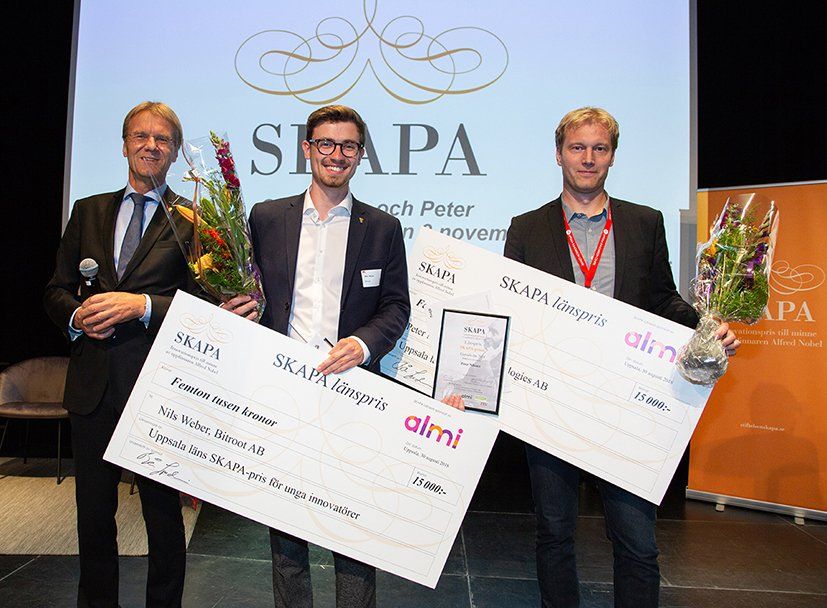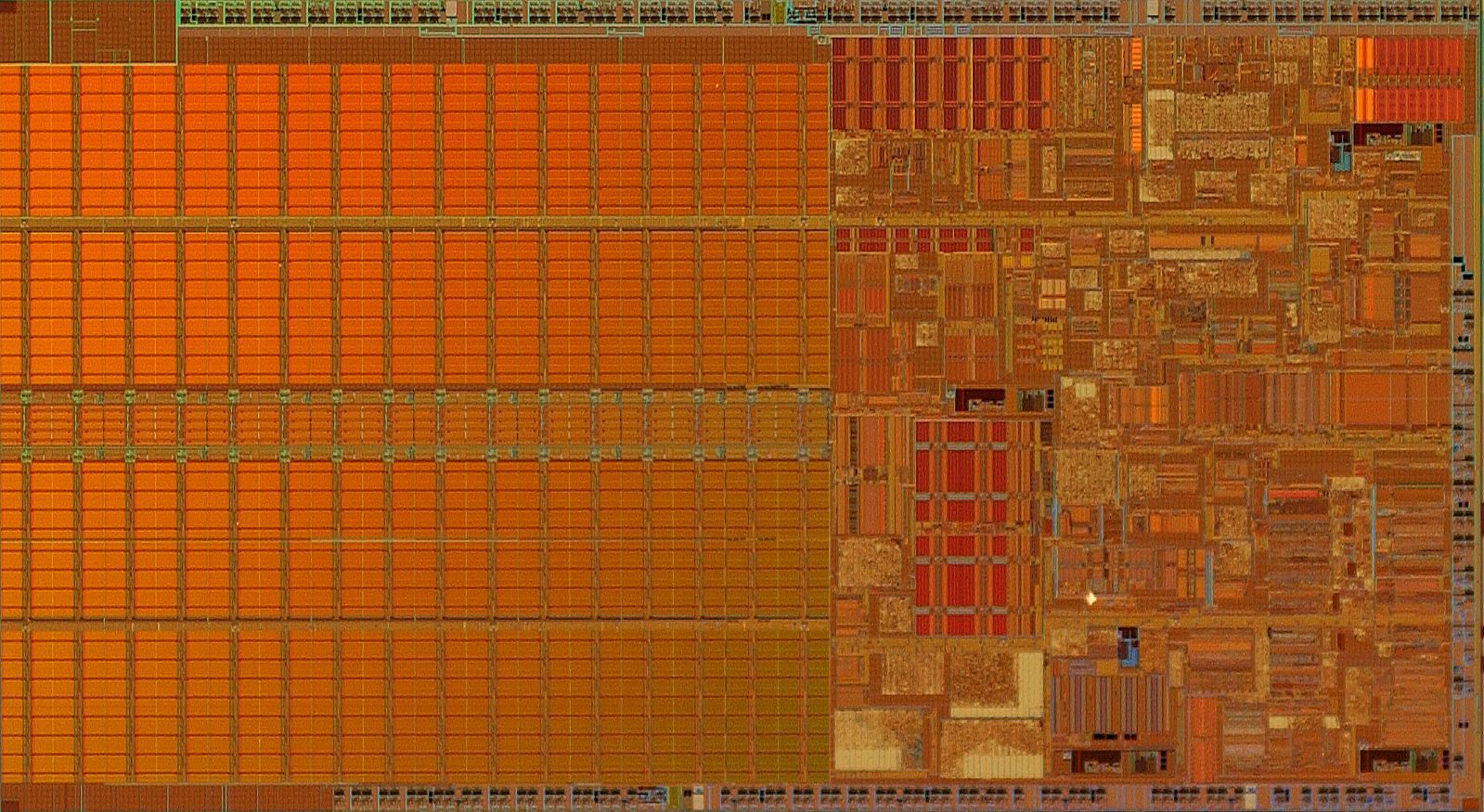Archive for the ‘innovation’ category: Page 171
Sep 8, 2018
DARPA Plans To Spend $2 Billion Developing New AI Technologies
Posted by Derick Lee in categories: innovation, robotics/AI
The United States Defense Advanced Research Projects Agency (DARPA) has announced that it plans to spend $2 billion on developing new artificial intelligence (AI) technologies as part of a campaign called “AI Next”. The money will be used to fund new and existing research programs at DARPA.
The US Department of Defense’s innovation agency is focusing on pushing beyond second-wave machine learning techniques towards contextual reasoning capabilities.
Sep 7, 2018
NASA’S STUNNING BREAKTHROUGH: Its First Warp Drive…Is a TRUE Mindblower!
Posted by Chiara Chiesa in categories: innovation, space travel
A few months ago, physicist Harold White shocked the very wide range of aeronautics industry when he announced that his team at NASA was in the process of developing a faster-than-light warp drive. His design could one day transport a spacecraft to the nearest star in a matter of weeks.
Almost anyone who has looked into the night sky has wondered if we could ever travel to the stars. Today, for the first time in history, we might be only decades away from sending a spacecraft to a star, reaching it within the 21st century. Here, Andreas Hein looks into the possibilities and challenges associated with getting to the stars and asks if humans will ever set foot on an exoplanet.
Flying to another star is incredibly difficult, first and foremost due to the distances involved. Imagine for a moment that the distance between our Sun and the Earth is one metre. The Sun would be the size of a grain of salt on this scale. Still, the closest star to our Sun, Proxima Centauri, would be more than 265 km away. At this scale, the farthest human-made object, the Voyager 1 probe, would be at a distance of about 141 metres from the Sun, increasing its distance by about 3.6 metres per year. In reality Voyager 1 flies at an astonishing velocity of 17 km/s; at this velocity, a flight to Proxima Centauri would take about 75,000 years. This timescale sounds hopeless but it does also mean that, in principle, we can already send spacecraft to other stars. Voyager 1 is heading towards the star Gliese 445 and Voyager 2 towards Sirius.
When we talk about interstellar travel however, we commonly mean that we can reach another star within an acceptable timeframe. What is an ‘acceptable timeframe’ though? The team that designed the Daedalus spacecraft, a hypothetical fusion-propelled interstellar probe, argued that an acceptable trip duration would be about the working life of a scientist, roughly 50 years. Breakthrough Starshot, an ongoing project for laser-propelled interstellar probes, is aiming at 20 years to Proxima Centauri.
Sep 5, 2018
Robots on the Rise: 5 Examples of Innovations in Industrial Robotics
Posted by Bill Kemp in categories: innovation, robotics/AI
From picking fruit to driving architectural progress, innovations in industrial robotics could launch a new machine age—one that could help humanity solve some of its biggest challenges.
Sep 4, 2018
APR Technologies och Bitroot vann SKAPA-priser för Uppsala län
Posted by Chiara Chiesa in categories: business, innovation
I samband med UIC-dagen den 30 augusti delade Uppsala läns landshövding Göran Enander och Almi Uppsalas vd Bengt-Åke Ljudén ut två regionala SKAPA-priser som går till framstående innovatörer i länet. I år gick båda priserna till UIC-företagare. Peter Nilsson på APR Technologies tilldelades SKAPA-priset, och SKAPA-priset för unga innovatörer gick till Nils Weber på Bitroot.
SKAPA är Sveriges största innovationspris och delas ut till minne av Alfred Nobel. Priset syftar till att ge stöd åt innovatörer så att de kan utveckla sina uppfinningar till produkter och tjänster på marknaden.
Årets vinnare av SKAPA-priset för Uppsala län blev Peter Nilsson på UIC-bolaget APR Technologies som har utvecklat smarta och effektiva elektro hydrodynamiska pumpar för temperaturreglering. Innovationen Micro Thermal Regulator är en patenterad produkt som exempelvis kommer kunna tillämpas inom rymdindustrin. APR Technologies ingår i rymdinkubatorn ESA BIC Sweden som UIC driver tillsammans med Arctic Business Incubator i Luleå och Innovatum i Trollhättan.
Continue reading “APR Technologies och Bitroot vann SKAPA-priser för Uppsala län” »
Sep 2, 2018
This Invention Will Keep Water Running After a Caribbean Hurricane Hits
Posted by Genevieve Klien in categories: climatology, innovation
Now, another hurricane season is already underway in the Caribbean.
Our research on rainwater harvesting — a low-cost, low-tech way to collect and store rainwater — suggests this technique could be deployed across the Caribbean to improve these communities’ access to water both after storms and in everyday life.
Even before hurricanes Maria and Irma hit last September, some Caribbean islands were unable to provide reliable clean water for drinking and washing to all residents.
Continue reading “This Invention Will Keep Water Running After a Caribbean Hurricane Hits” »
Aug 31, 2018
How L1 and L2 CPU Caches Work, and Why They’re an Essential Part of Modern Chips
Posted by Shailesh Prasad in categories: computing, innovation
Ever been curious how L1 and L2 cache work? We’re glad you asked. Here, we deep dive into the structure and nature of one of computing’s most fundamental designs and innovations.
Aug 29, 2018
An Acceleration Breakthrough Could Fundamentally Change How We Study Particles
Posted by Genevieve Klien in categories: innovation, particle physics
Particle accelerators can lead to major breakthroughs in our understanding of the universe, and now, we may have a better way to create them.
Aug 28, 2018
Breakthrough scan can predict risk of heart attacks five years in advance
Posted by Genevieve Klien in categories: biotech/medical, innovation
A NEW scan can predict heart attack risks five years in advance.
Experts say the “game-changing” advance spots problems in one in ten patients currently getting the all-clear.
It scours ordinary CT scans to detect missed warning signs.
Continue reading “Breakthrough scan can predict risk of heart attacks five years in advance” »

